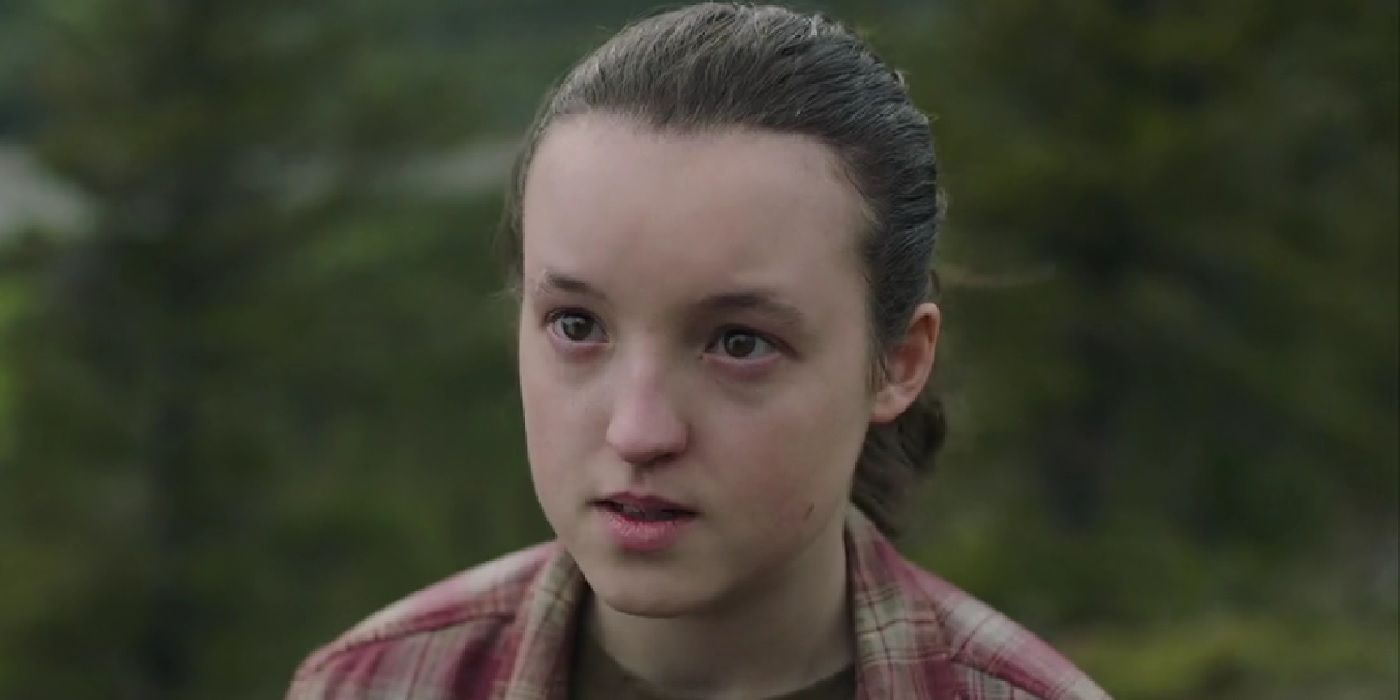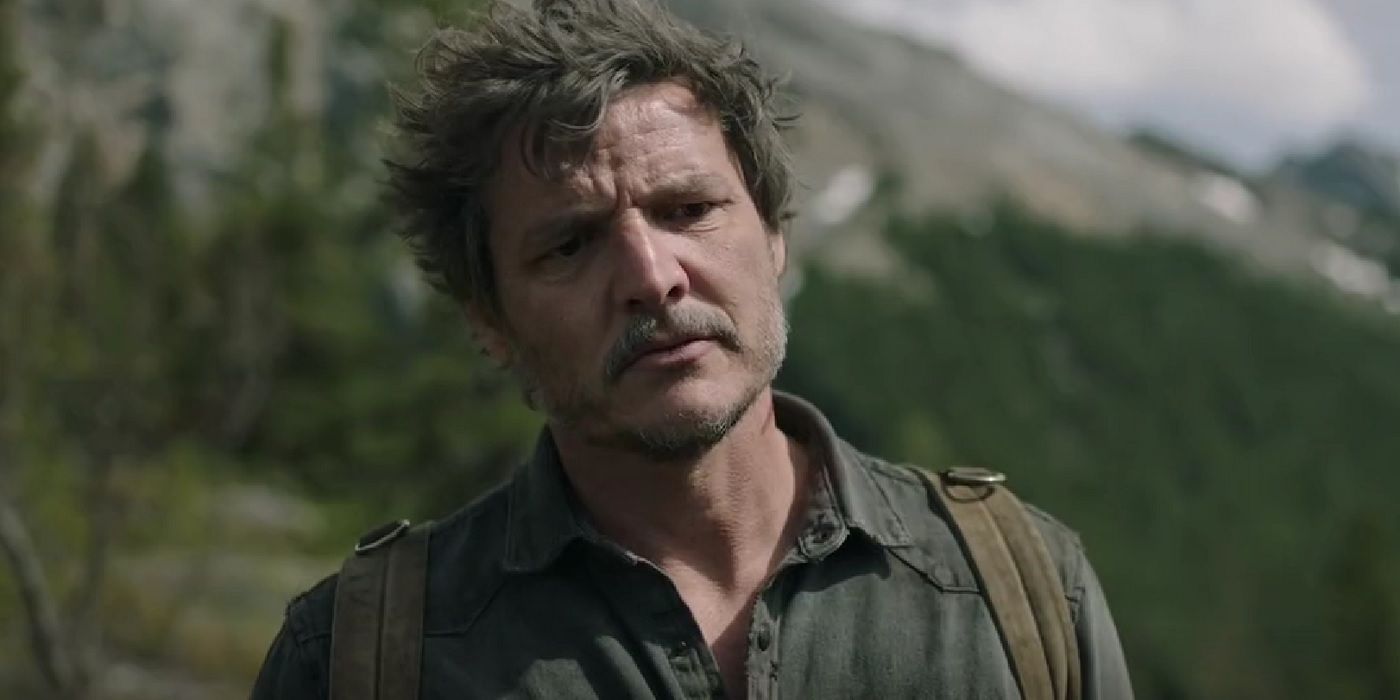Ending an HBO series with a sharp cut to black is certainly a classic, but the nuances behind the finale of The Last of Us are brought into sharp focus when audiences immediately question what they've just seen. It's a bold way to do a season finale – have your main character slaughter an entire army of de facto good guys, trying to do a good thing, then lying to his surrogate daughter about it, and still retain the sympathies of the audience. Yet it works.
Following Joel's (Pedro Pascal) decision to give up the chance at a cure for humanity – because it will mean losing Ellie (Bella Ramsey), the closest thing he has to a child, and the bright light that brought hope back to his life – he chooses to kill the Firefly resistance at a Salt Lake City hospital, while an unconscious Ellie is taken back to the township of Jackson, Wyoming.
Ellie Wants to Know The Truth
When Ellie awakens, she asks Joel what happened – and her tells her the hospital was ambushed by raiders, they barely made it out alive, and Ellie's immunity is shared with others but cannot be manipulated into a vaccine. None of this is true, of course, but Joel has made his selfish bed and must live with the consequences.
The final moments of the episode show Ellie confronting Joel, her skepticism for the story evident from the second she hears it, finally demanding to know if it was really true, or if her purpose was taken from her without her own agency. She demands Joel to swear that it's true, and without hesitation, he swears that it is. Ellie takes a beat, nods, and simply says "Okay."
Showrunners Neil Druckmann and Craig Mazin broke down the nuances of Ellie's response in some length on the official The Last of Us Podcast and covered every possibility, admitting that the ambiguity in Ellie's answer is what makes the ending work. Both agree, however, she does not believe Joel.
Mazin: I'm not sure if Ellie is saying you're lying to me and I'll move on, or you're lying and we're now changed forever in a negative way, or you're lying and it's incredibly important to you, and because I love you I won't dwell on it. Or is she so terrified of the truth that she wants to believe him, because the alternative is so terrifying. It can be any of those things, and that's why I love it. There was never an option of her believing it. She will simply choose to believe it, and the why will come later.
Druckmann: Ellie didn't know beforehand what would happen to her at the hospital, but when she knows Joel has lied, she's able to figure out what would have happened to her. She's a smart girl. I agree with each interpretation, and she's going through every one in her head - but at no point do we ever feel she believes the lie. That is not on the table, she's already doing the math asking why Joel would possibly do all of this and the only reason could be because I was going to die.
The finale works because, while it ties up one narrative strand, it creates a more emotionally riveting one for the second season to follow - the tension between the two as Ellie grows up, perhaps resentful in the knowledge that she never got to serve her purpose in the way that Joel served his, which was being her father. The consequences of Joel's decision will follow the entire cast when The Last of Us Part II is adapted.
For now, to relive Joel and Ellie's story, the first season of The Last of Us is available to stream on HBO Max.


